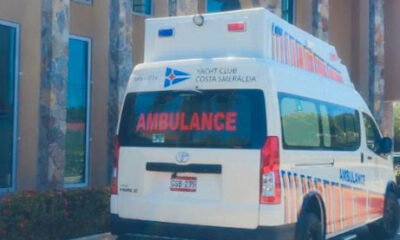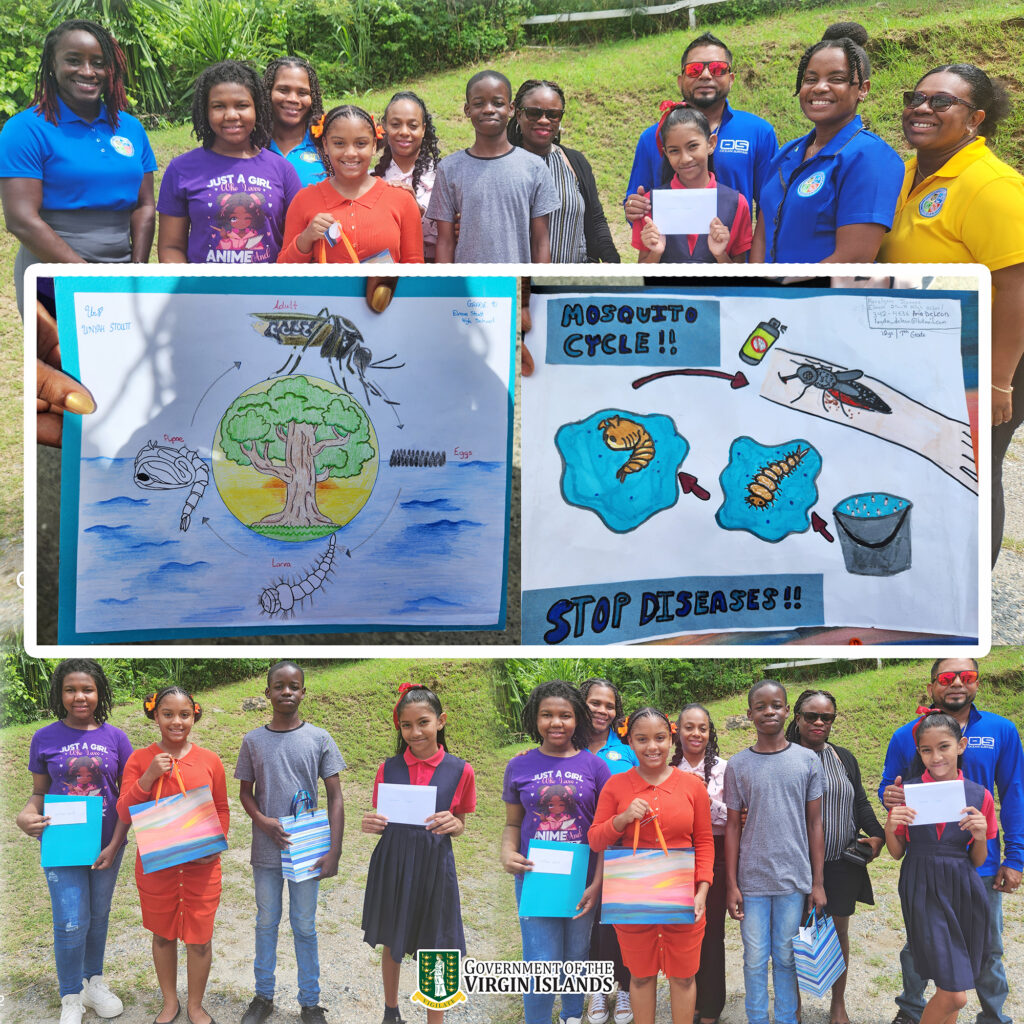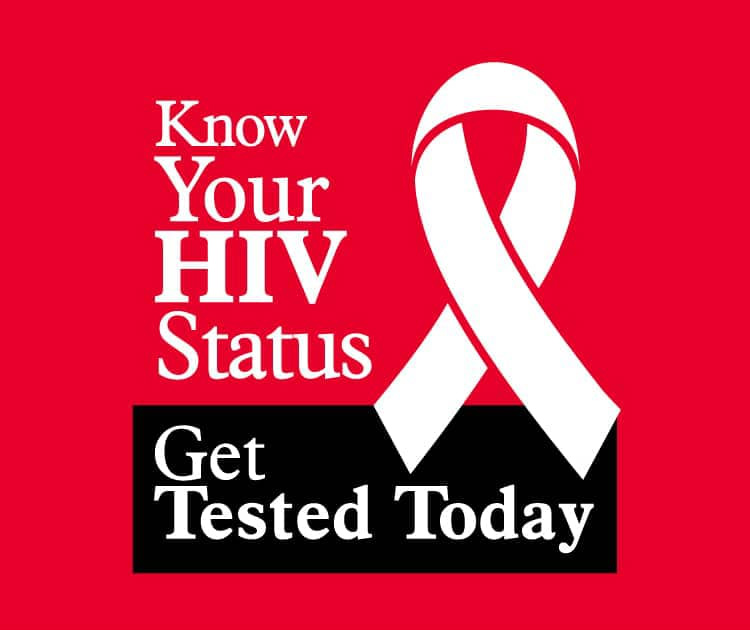Local News
British Virgin Islands Football Association Announces New Executive Council Following 2024 Elections
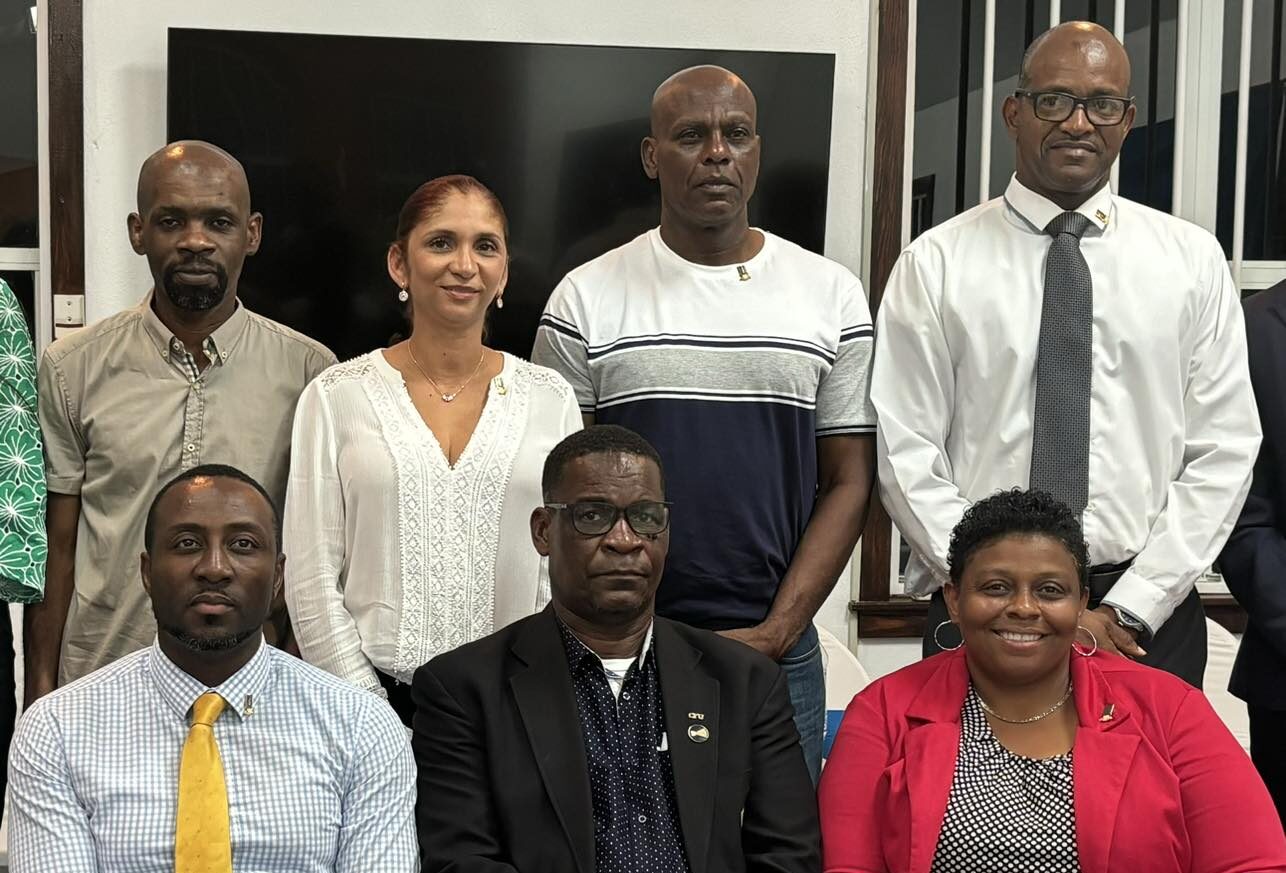
Local News
Caribbean Braces for Active 2025 Hurricane Season
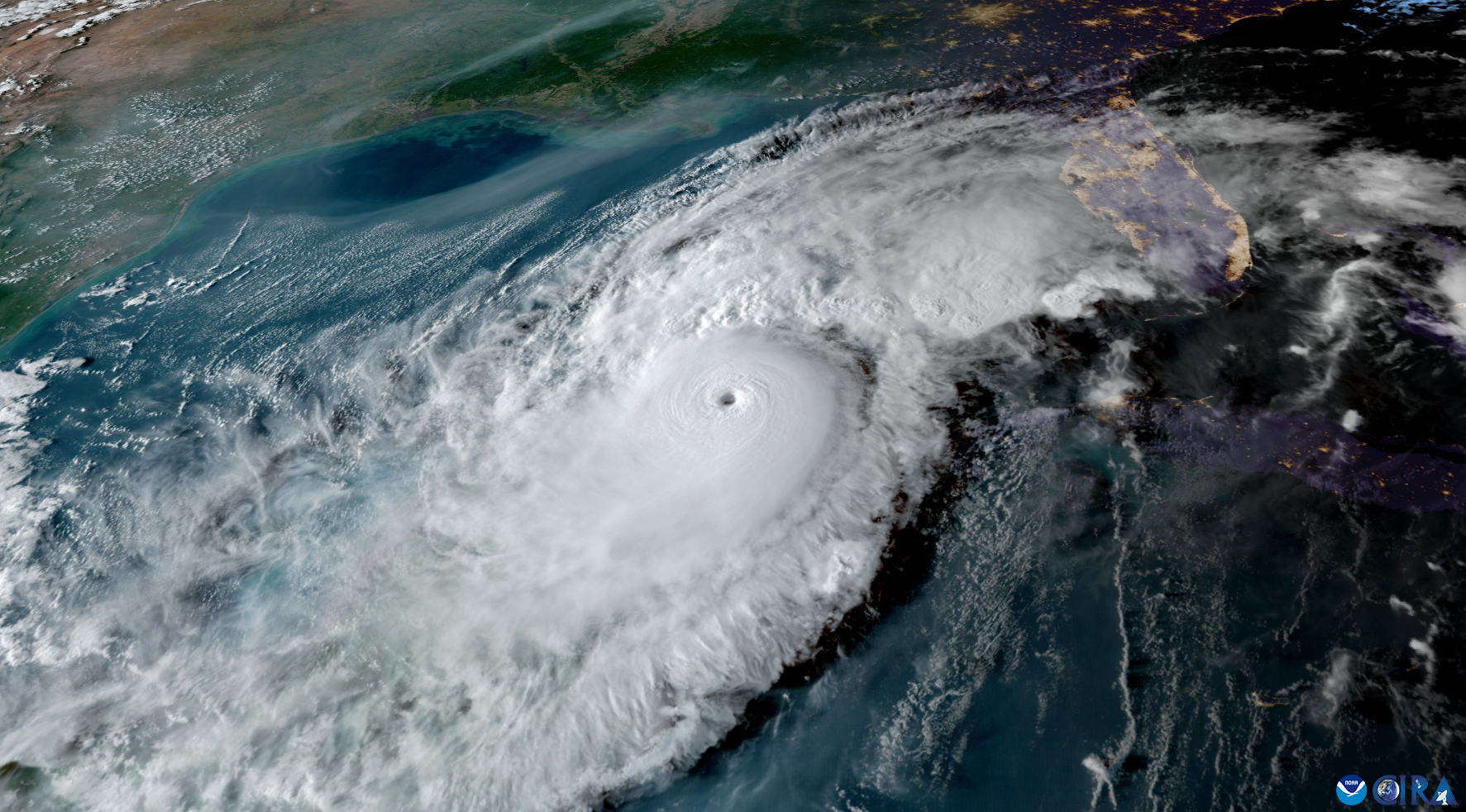
The 2025 Atlantic hurricane season officially begins today, June 1, and runs through November 30. Forecasts from the National Oceanic and Atmospheric Administration (NOAA) and Colorado State University (CSU) indicate an above-average season, with heightened activity anticipated across the Caribbean region.
NOAA projects 13 to 19 named storms, including 6 to 10 hurricanes, of which 3 to 5 could become major hurricanes (Category 3 or higher). CSU’s forecast aligns closely, predicting 17 named storms, 9 hurricanes, and 4 major hurricanes.
Several climatic factors contribute to the anticipated increase in storm activity. Sea surface temperatures in the Atlantic Ocean and Caribbean Sea remain warmer than average, providing additional energy to fuel storm development. Additionally, the expected transition from El Niño to La Niña conditions is likely to reduce wind shear in the tropics, further facilitating storm formation and intensification.
For the Caribbean, the implications are significant. CSU estimates a 66% probability of at least one major hurricane tracking through the region this season, compared to the historical average of 47%.
In response to the heightened activity forecast, NOAA has implemented several enhancements to its forecasting and communication strategies. The National Hurricane Center will now issue forecasts and storm tracks up to 48 hours before a storm’s potential formation, allowing for earlier warnings. Updated storm cones will include inland warnings and nationwide inundation mapping to better visualize flood risks. New rip current risk maps will also be provided when tropical systems are present.
As the season begins, residents in hurricane-prone areas are advised to prepare accordingly. This includes assembling emergency supplies, reviewing evacuation plans, and staying informed through official channels. While forecasts provide an overview of expected activity, the specific paths and impacts of individual storms can vary, underscoring the importance of readiness and vigilance throughout the season.
For real-time updates and detailed forecasts, individuals are encouraged to monitor information from the National Hurricane Center and local emergency management agencies.
Health
Karelynne Jimenez, Aiden Thompson Take Top Spots in Environmental Health Contest
International
BVI Urges UK and Other Colonial Powers to Support Self-Determination of Remaining Territories
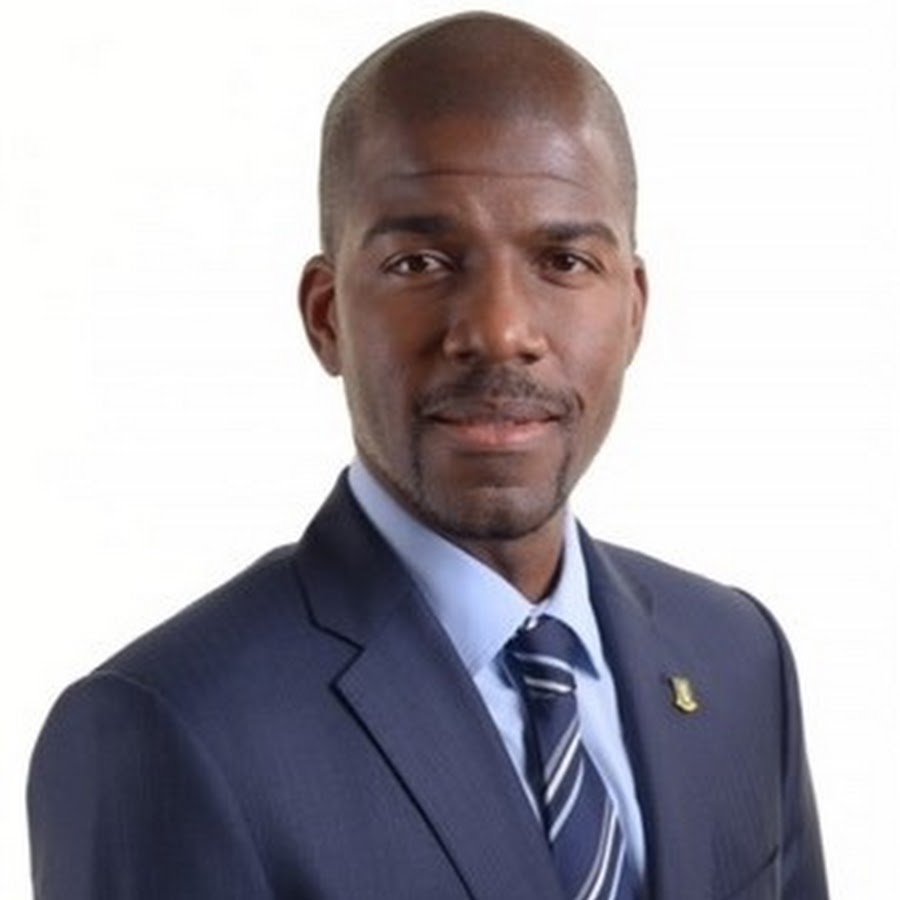
In a direct appeal to the international community, the British Virgin Islands (BVI) has called on the United Kingdom and other colonial powers to set aside their national interests and support the self-determination of the 17 remaining non-self-governing territories under the mandate of the United Nations Special Committee on Decolonisation (C-24).
Speaking at the UN’s Pacific regional seminar on decolonisation, held in the Timorese capital Dili from 21st to 23rd May, BVI Special Envoy Benito Wheatley urged administering powers to recommit to the principles of decolonisation and support a meaningful pathway to self-government for the remaining territories on the UN’s list.
“We all must work together to make progress on decolonisation,” Mr Wheatley said in his address. “I know it is hard to separate national interests from the process, but an effort must at least be made to work in the best interest of Non-Self-Governing Territories.”
He added that the Special Committee should prioritise the dispatch of visiting missions “where this is practicable,” noting that “the politics of the process is very complicated and requires dialogue, but no effort should be spared.”
The BVI, which hosted a UN visiting mission in August 2024, was recognised in the mission’s report for its advancement toward full internal self-government. The mission also recommended the establishment of a timetable for the Territory’s eventual independence.
Mr Wheatley expressed appreciation for the UN’s engagement and reiterated the Territory’s commitment to good governance and democratic reform. He also used the opportunity to highlight the broader need for sustainable development assistance, particularly in the face of growing climate threats.
“To truly advance self-determination, UN agencies must play a more active role in supporting the development priorities of these Territories,” Mr Wheatley stated. He urged the C-24 to adopt a resolution at its upcoming June session that would allow UN agencies to utilise their regular programme budgets to support Territories classified as Small Island Developing States (SIDS), especially those that are associate members of regional commissions such as ECLAC and ESCAP.
In a firm message to London, Mr Wheatley also called on the United Kingdom to formally withdraw the Order in Council currently held in reserve, which grants it the power to suspend the BVI’s constitution and impose direct rule if triggered.
“There is no longer an excuse for the UK to maintain this unnecessary, undemocratic and blunt colonial instrument over the Territory,” he said, noting that the BVI had completed the governance reform programme agreed in 2022.
The UN’s list of territories yet to be decolonised includes American Samoa, Anguilla, Bermuda, the British Virgin Islands, Cayman Islands, Falkland Islands, French Polynesia, Gibraltar, Guam, Montserrat, New Caledonia, Pitcairn, Saint Helena, Tokelau, Turks and Caicos Islands, the United States Virgin Islands, and Western Sahara.
The seminar in Dili marks a continuation of the UN’s longstanding commitment to decolonisation — a process that remains incomplete nearly eight decades after the adoption of the UN Charter.
-

 Uncategorized2 days ago
Uncategorized2 days agoBritish Virgin Islands Regulators Move to Wind Down Bank of Asia (BVI) Limited
-

 Entertainment2 days ago
Entertainment2 days agoNeil Frett Named Honouree as 71st Virgin Islands Emancipation Festival Officially Launched
-

 Entertainment2 weeks ago
Entertainment2 weeks agoFive Students to Compete in Mr. & Miss HLSCC Pageant on June 1
-

 Local News2 days ago
Local News2 days agoBVI U19 Rugby Squad Departs for Dominican Republic Development Tour
-
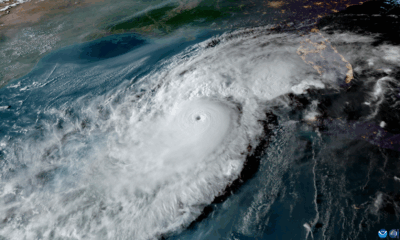
 Local News7 hours ago
Local News7 hours agoCaribbean Braces for Active 2025 Hurricane Season
-

 Uncategorized6 days ago
Uncategorized6 days agoChantel Malone Leaps to First Place Amid Headwinds at Tucson Elite Classic:
-
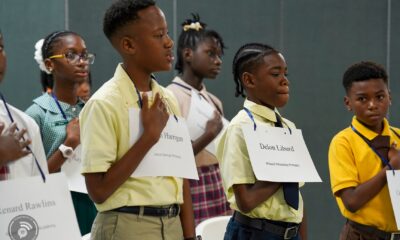
 Education3 days ago
Education3 days agoTwelve Primary Schools Advance to Final Round of 2025 Spelling Bee
-

 Uncategorized2 days ago
Uncategorized2 days agoLiburd and Croal Break BVI National Records at NCAA Championships




